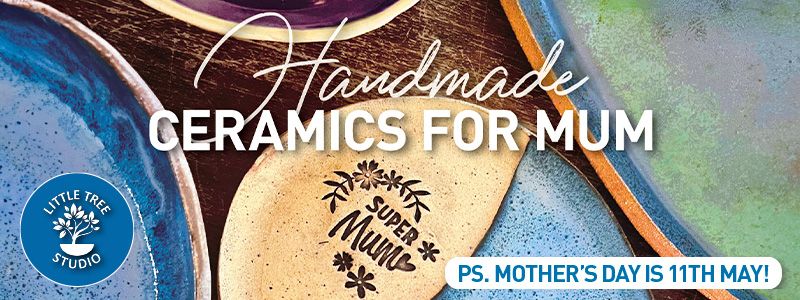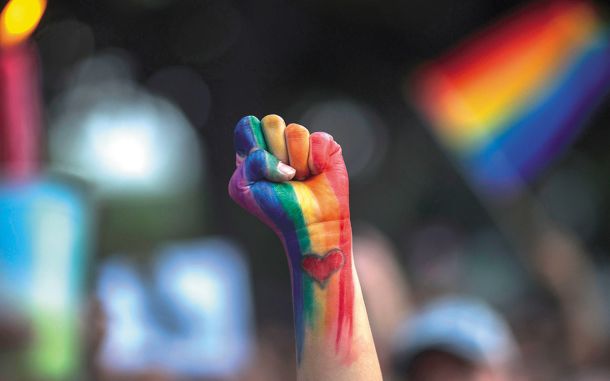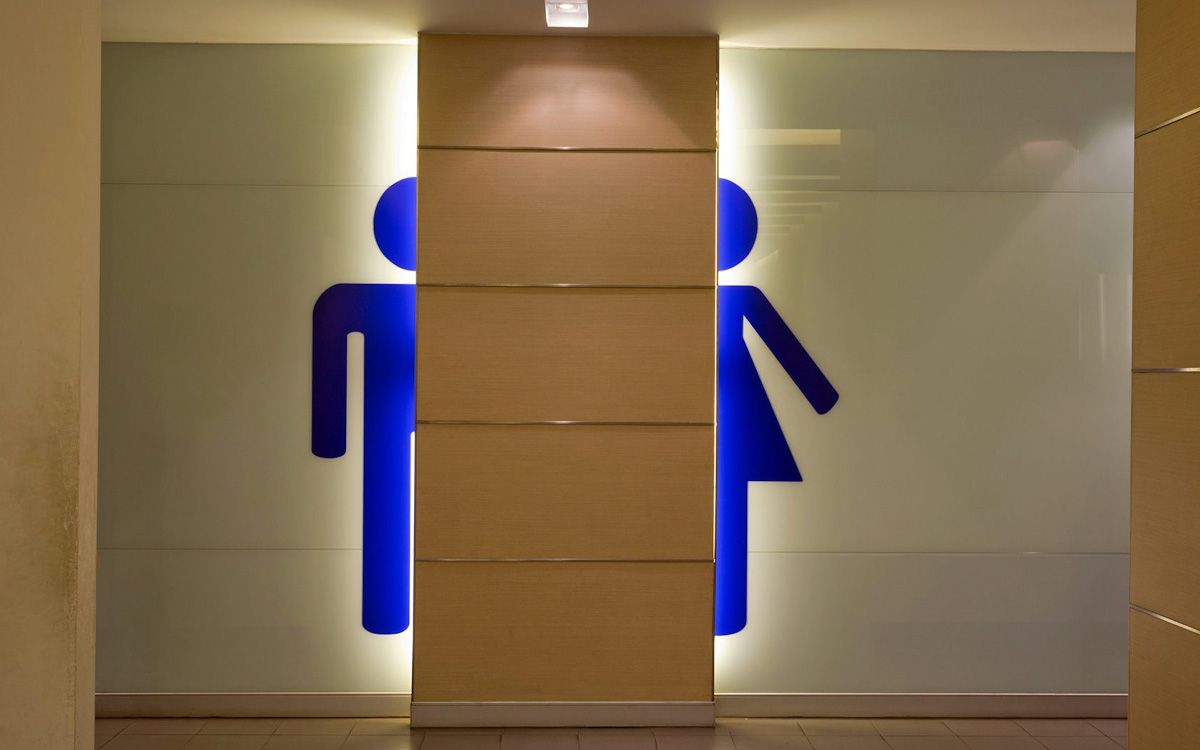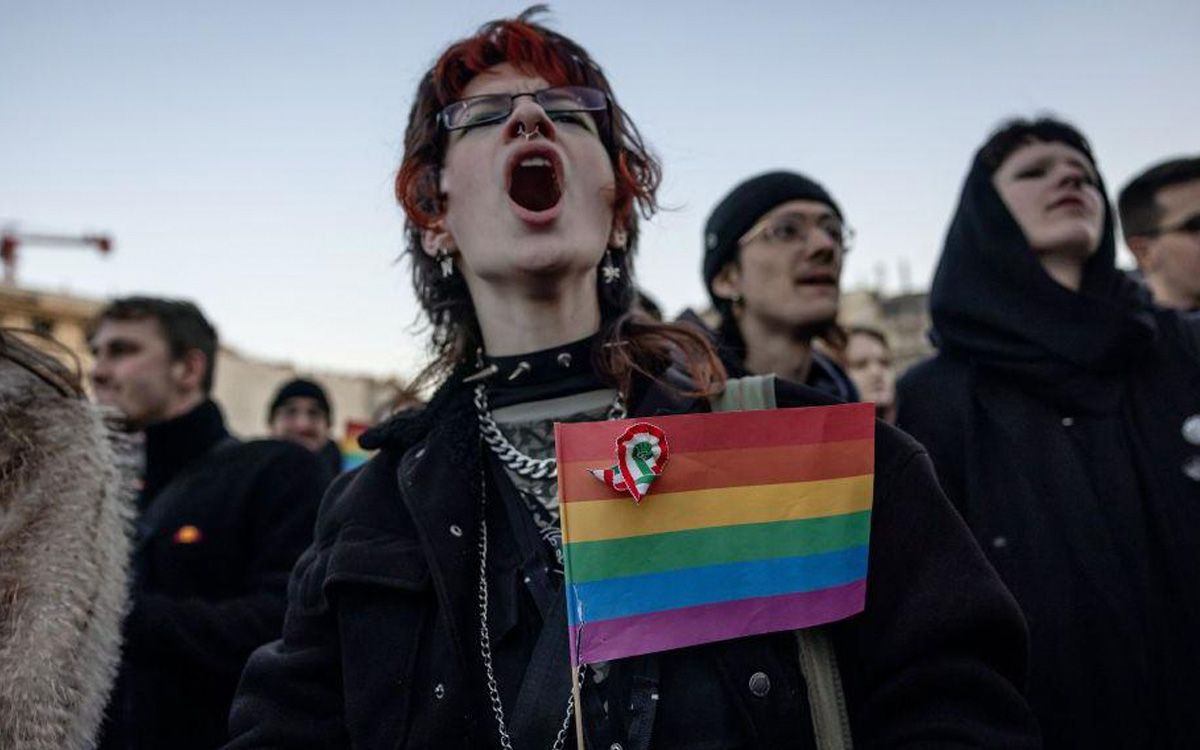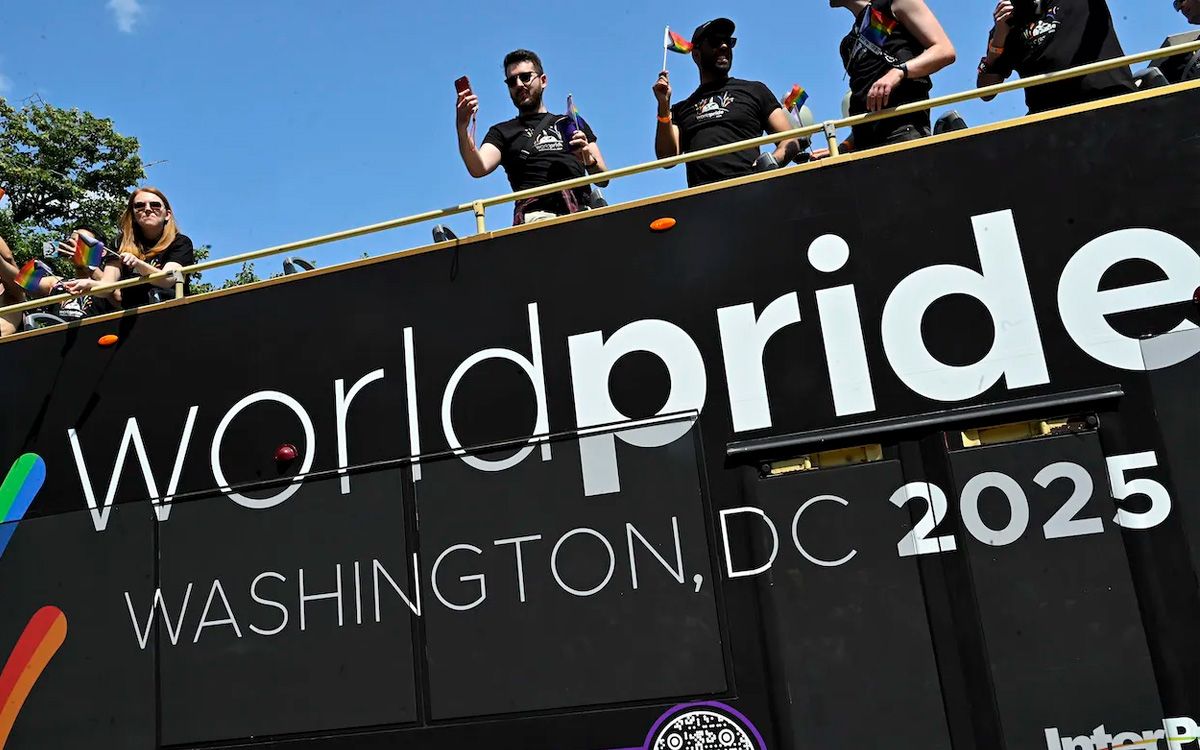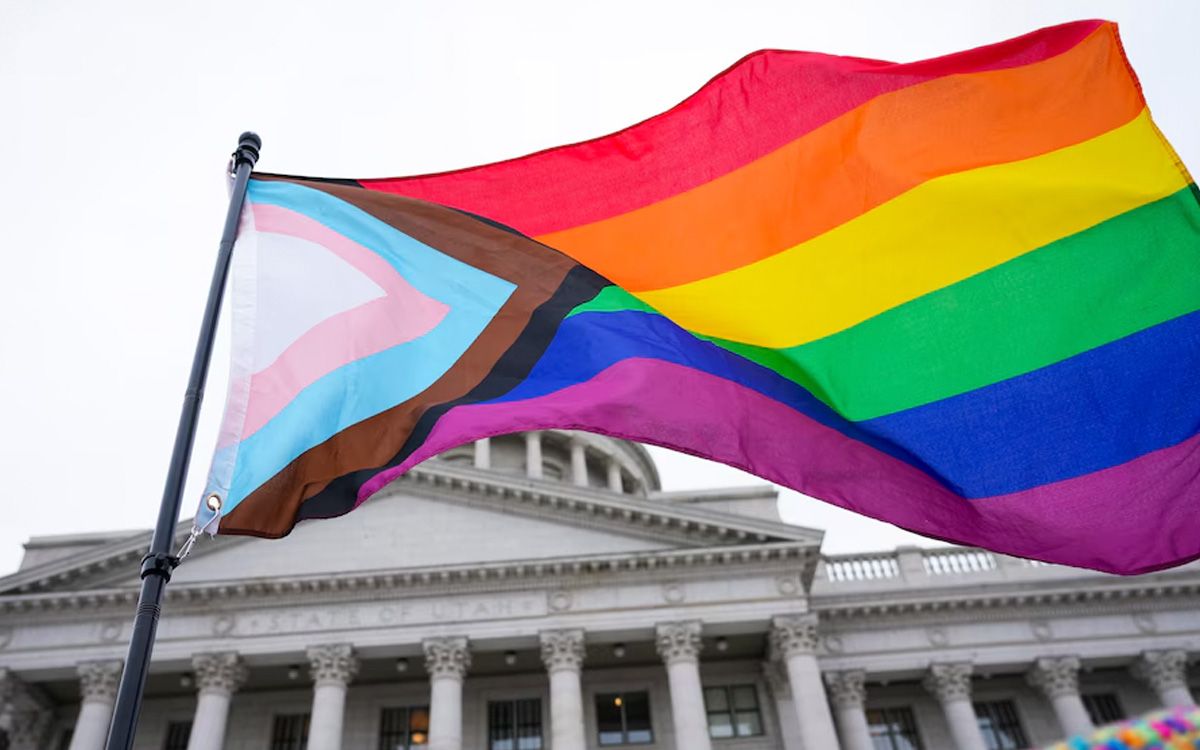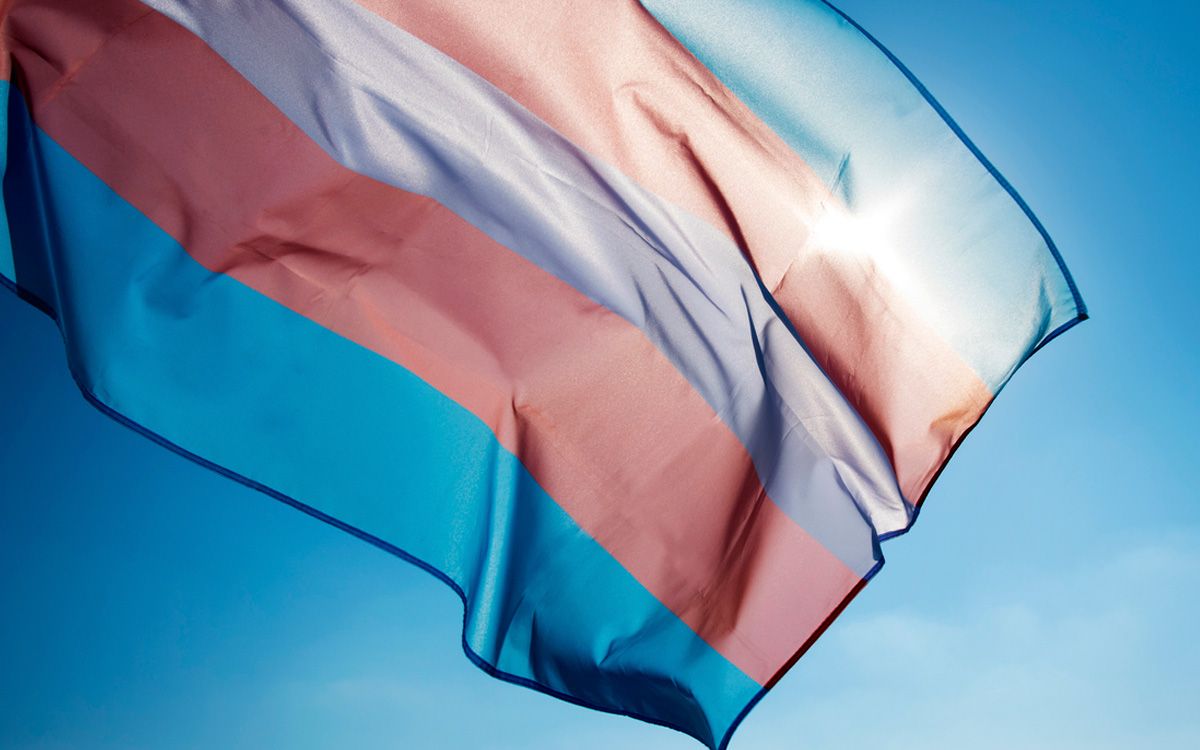LGBTIQ+ hate crime soars in the US
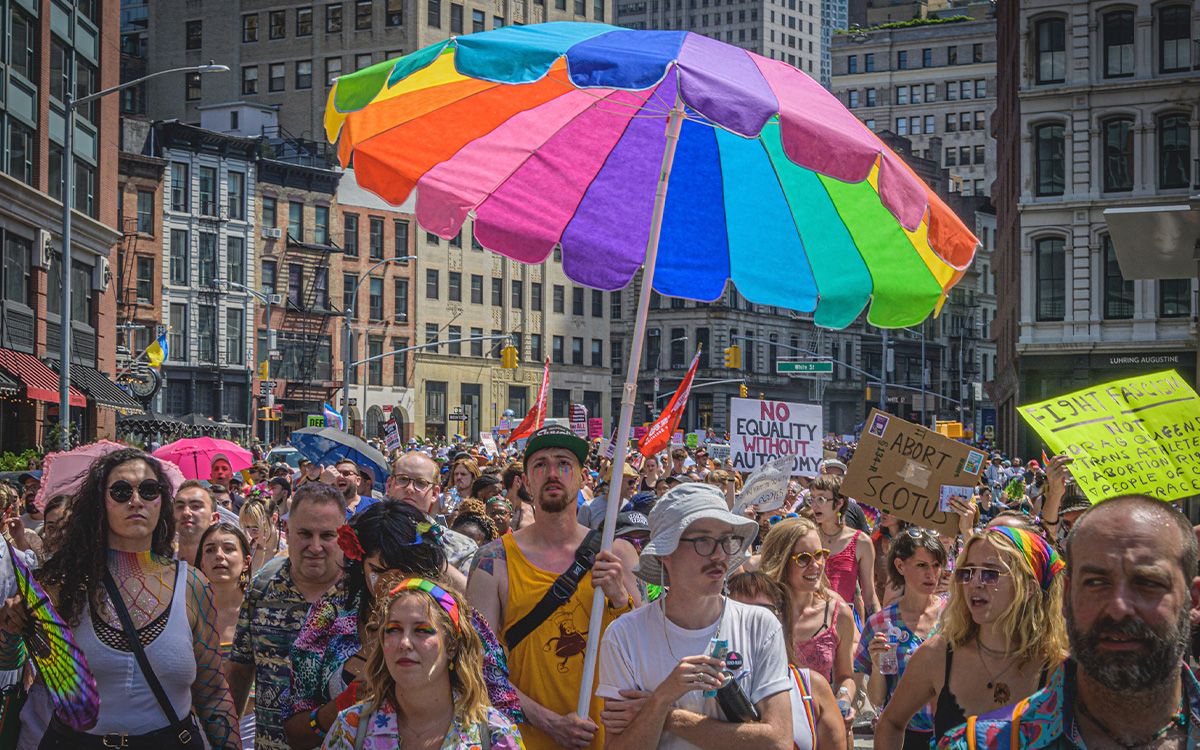
According to the (American) National Crime Victimisation Survey, the likelihood that an LGBTIQ+ person will experience a violent hate crime is nine times higher than for a cisgender and straight person. There were an average annual 6.6 violent hate crime victimizations per 1,000 LGBTIQ+ people during the last three-year period.
In contrast, there were 0.6 violent hate crime victimisations per 1,000 cisgender and straight people.
A hate crime is an attack or threat of an attack that’s motivated by the victim’s perceived race, ethnicity, sexuality, gender or religion. Or it could include someone’s association with any of the previous categories, such as an anti-Muslim hate crime committed against someone who is Sikh.
The American National Crime Victimisation Survey is a nationally representative survey that asks over 200,000 people about non-fatal crimes that happened to them in the past year. Since 1999, it has asked victims if they suspected their victimization was motivated by certain biases, and if so, the reason for the bias. We use the National Crime Victimisation Survey classification of hate crimes, which is consistent with the Bureau of Justice Statistics classification: victimisations that involve hate language, hate symbols or were confirmed by police to be a hate crime.
Since 2017, the US National Crime Victimisation Survey has been documenting the sexual orientation and gender identity of respondents. This has allowed us to estimate the rate of hate crimes against LGBTIQ+ people for the first time.
Physical and psychological repercussions of hate crimes
Another notable finding from our study suggested that violent hate crimes involving LGBTIQ+ victims have unique characteristics.
Prior research has suggested that LGBTIQ+ victims of hate crimes frequently did not know the offender. In our analyses, 49% of violent hate crimes with LGBTQ victims involved an attacker who was a close friend, family member, partner or former partner.
Only about 1 in 3 LGBTIQ+ victims of violent hate crimes in the USA seek professional help for mental health issues that emerge after an attack.
We also found that LGBTIQ+ victims of violent hate crimes were more likely to have physical and psychological symptoms as a result of the attack when compared with LGBTQ victims of violent crimes that were not hate crimes.
For example, LGBTQ victims of violent hate crimes were four times more likely to feel worried or anxious as a result of the incident than LGBTQ victims of non-hate violence. Despite this, we found that only about 1 in 3 LGBTIQ+ victims of violent hate crimes sought professional help for their symptoms.
LGBTIQ+ Hate crimes don’t just affect the victims
The findings complement a series of studies relying on the National Crime Victimization Survey that showed that LGBTQ people are generally victims of crimes at higher rates than cisgender and straight people, with bisexual women having markedly higher victimization rates than lesbians and transgender people having higher victimization rates than cisgender people.
Hate crimes do not just affect an individual – whole communities can be affected by hate. In what’s known as “collective trauma,” LGBTIQ+ people often internalize the violence inflicted on other members of the community.
LGTBIQ+ people in the USA are still recovering from the November 2022 mass shooting at Club Q, an LGBTIQ+ bar in Colorado Springs. The accused shooter has been charged with 48 counts of hate-motivated violence.
FIND WHAT YOU WANT EASILY WITH LGBTIQ.DIRECTORY
LGBTIQ SUPPORT PATHWAYS
LGBTIQ SOCIAL & COMMUNITY GROUPS
LGBTIQ FRIENDLY BUSINESS & SERVICES
NEED HELP OR SOMEONE TO TALK TOO
LGBTIQ DIRECTORY SUPPORT PATHWAYS
24 hours Lifeline 13 11 14
24 hours QLife 1800 184 527
Westlund Counselling Canberra 02 6257 2855
Relationships Australia 1300 364 277


